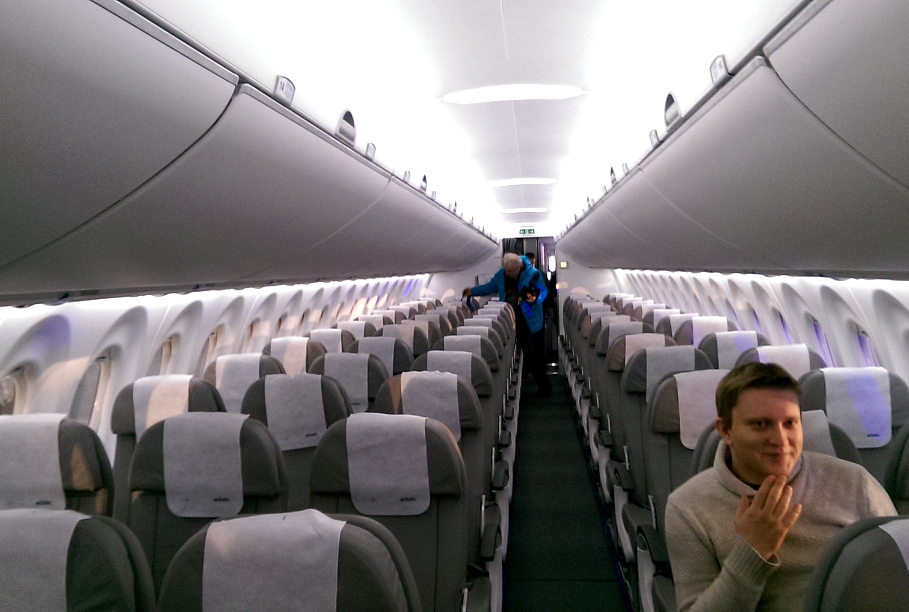On social media, Linkaits posted a picture of the gold-and-black VIP card and an accompanying letter, along with his reply pointing out that, as airBaltic is majority-owned by the Latvian state, acceptance of the offer would constitute a potential conflict of interest.
He also said that acceptance would be "unethical" as it would differentiate him from the millions of airBaltic's other customers.
AirBaltic bija atsūtījis piedāvājumu padarīt sadarbības pieredzi patīkamāku, piešķirot VIP statusu. Aizsūtīju atpakaļ norādot, ka tas nebūtu godīgi attiecībā pret tiem vairāk kā 4M pasažieru, kas izmanto a/k pakalpojumus ik gadu pic.twitter.com/tmGjmOI3hf
— Tālis Linkaits (@Talis_L) January 30, 2019
According to airBaltic's website, the airline operates three card programs: Club, Executive and VIP. VIP status usually requires 60 flights per year to qualify and comes with free advance seat reservations, priority check in, use of fast-track security channels, lounge access, extra baggage allowance and other upgrades.
The airline's primary shareholder is the Latvian state, which holds 80.05% of the stock.
LSM asked airBaltic's corporate communications department if it had sent VIP cards to other ministers in the past, and if so, if they had been accepted. The airline responded with a statement that did not directly answer these questions, saying:
"Frequent travellers can not apply for airBaltic Club VIP cards, instead receive them automatically. In addition, it is a part of the airBaltic revenue generation plan to issue loyalty cards to stakeholders, including ministers, on a voluntary base. The acceptance of the loyalty card is free of any obligations or cost."






























